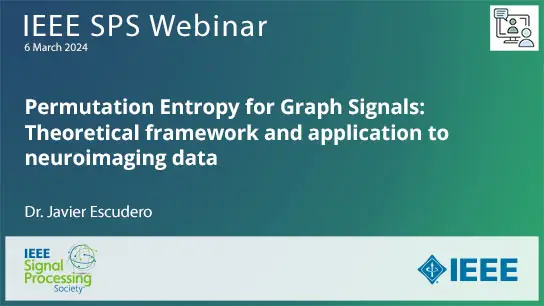ARCANE-ROG: Algorithm for Reconstruction of Cancer Evolution from Single-Cell Data Using Robust Graph Learning
Dr. Anubha Gupta
-
Members: FreeSPS
IEEE Members: $11.00
Non-members: $15.00Length: 40:49
13 Jun 2023
Single cell sequencing technology provides substantial prospects to get in depth understanding of the cellular phenotypic variability driving tumor progression. A comprehensive insight into the intra tumor heterogeneity may further assist in dealing with the treatment-resistant clones on cancer patients, thereby improving their overall survival. However, this task is hampered due to the challenges associated with the single cell data, such as false positives, false negatives and missing bases, and the increase on their size. As a result, the computational cost of the existing methods increases, thereby limiting their usage. In this work, we propose a robust graph learning-based method, ARCANE-ROG (Algorithm for Reconstruction of CANcer Evolution via RObust Graph learning), for inferring clonal evolution from single-cell datasets. The first step for the proposed method is a joint framework of denoising with data imputation for the noisy and incomplete matrix while simultaneously learning an adjacency graph. Both the operations in the joint framework boost one another such that the overall performance of the denoising algorithm is improved. In the second step, an optimal number of clusters are identified via the Leiden method. In the last step, clonal evolution trees are inferred via a minimum spanning tree algorithm. The method has been benchmarked against a state-of-the-art method, RobustClone, using simulated datasets of varying sizes and five real datasets. The performance of our proposed method is found to be significantly superior in terms of reconstruction error, False Positive to False Negative (FPFN) ratio, tree distance error and V-measure compared to the other method. Therefore, a proposed method is an improvement over the existing methods as it enhances cluster assignment and inference on clonal hierarchies.


